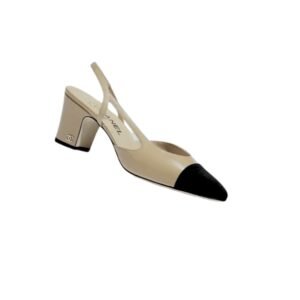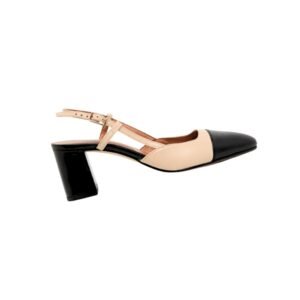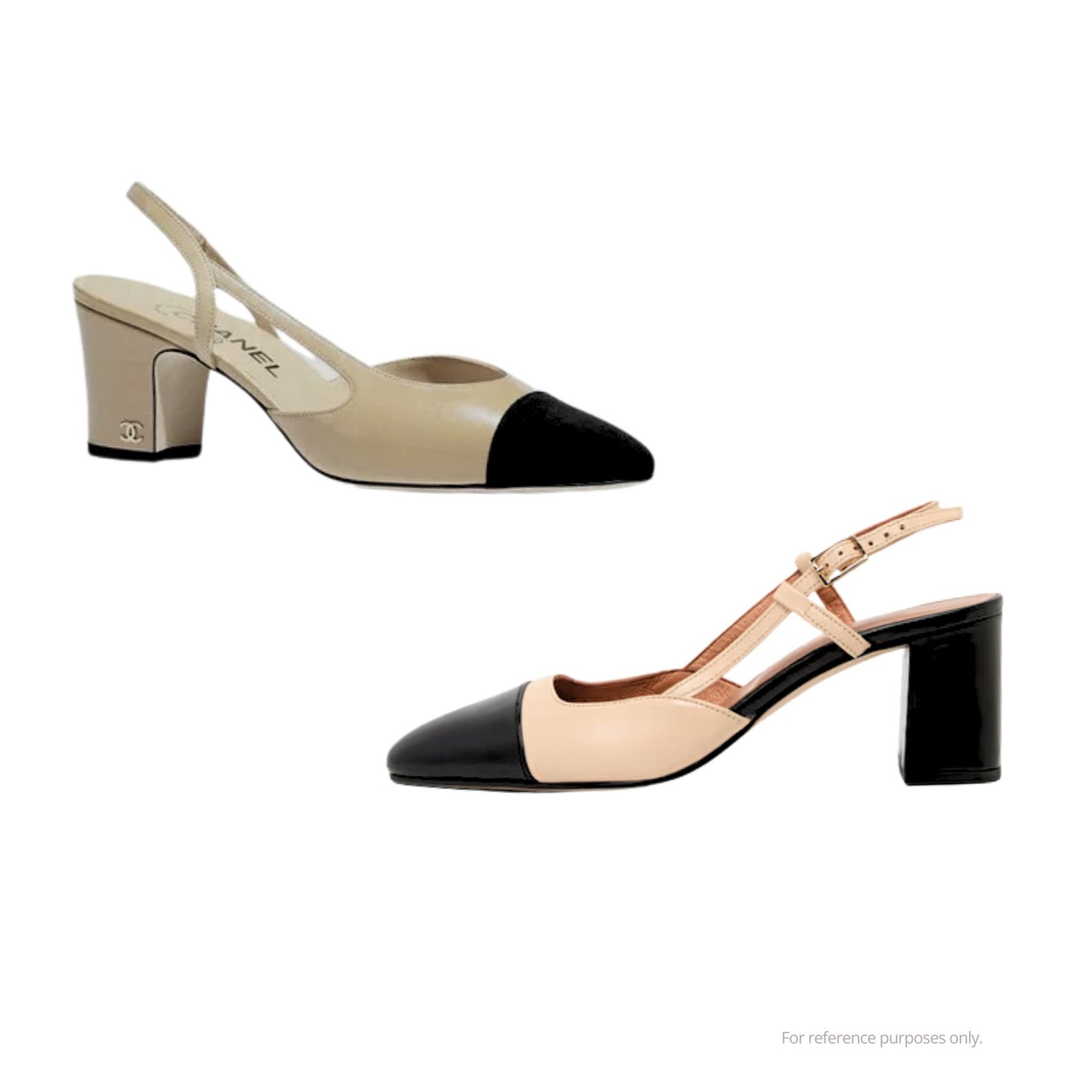On October 16, 2024, the Paris Court of Appeal issued a ruling in favor of Chanel in its legal dispute against the renowned women’s shoe company Jonak concerning parasitism. For context, Chanel has been commercializing and distributing a tan slingback shoe model with a black tip for several decades now. Consequently, when Jonak commenced the distribution of a similarly styled tan slingback shoe featuring a black tip, Chanel accused the company of marketing products that appropriated some of the brand’s iconic design elements.
The Burden of Proof: Proving Parasitism
In its decision, the Paris Court of Appeal emphasized that to establish the occurrence of parasitism, it is incumbent upon Chanel to prove the presence of specific constitutive elements associated with such reprehensible conduct. This is done essentially by demonstrating:
(1) the existence of an individual economic value;
(2) that the inspiration or evocation of this economic value provided Jonak with a competitive advantage; and
(3) that the inspiration or evocation was intentionally unjustified and pursued for lucrative purposes.
Stepping into the Debate in the Chanel v. Jonak Case
In this instance, the Court determined that there exists a visual similarity between certain models of Jonak’s shoes and those of Chanel. This conclusion was reached despite the fact that Jonak’s shoe features a black heel rather than a tan one, while Chanel’s shoe possesses an asymmetrical strap without a clasp (see images below).


Walking the Line: The Weight of Chanel’s Cultural Legacy
The Court’s decision was made for several compelling reasons. Firstly, the Chanel shoe is considered iconic and has been entrenched in the French and international cultural landscape for many years, featuring prominently in films, media coverage, museums, and worn among celebrities. Secondly, a customer study conducted with 500 women revealed that a significant majority associated the black and tan shoe combination with the Chanel brand. Thirdly, a recent press release regarding slingback shoes also played a pivotal role in informing this decision. Finally, Chanel’s substantial marketing investments to enhance its brand image, particularly concerning its slingback shoes as an emblematic representation of the brand, were instrumental in this determination.
Conclusion
To conclude, the Court ordered that Jonak compensate Chanel with €150,000 in economic damages, reflecting the profits Jonak likely accrued by leveraging Chanel’s established brand. Moreover, the Court found that Jonak must pay moral damages in the amount of €30,000, a sum intended to symbolize the loss experienced by Chanel due to the unauthorized association with its brand image. Furthermore, Jonak must terminate the production, distribution, and sale of specific shoe models deemed to be an imitation of Chanel’s designs, as well as remove all suggested affiliations from its internet marketing techniques. Lastly, the Court ordered the physical destruction of Jonak’s remaining inventory.
